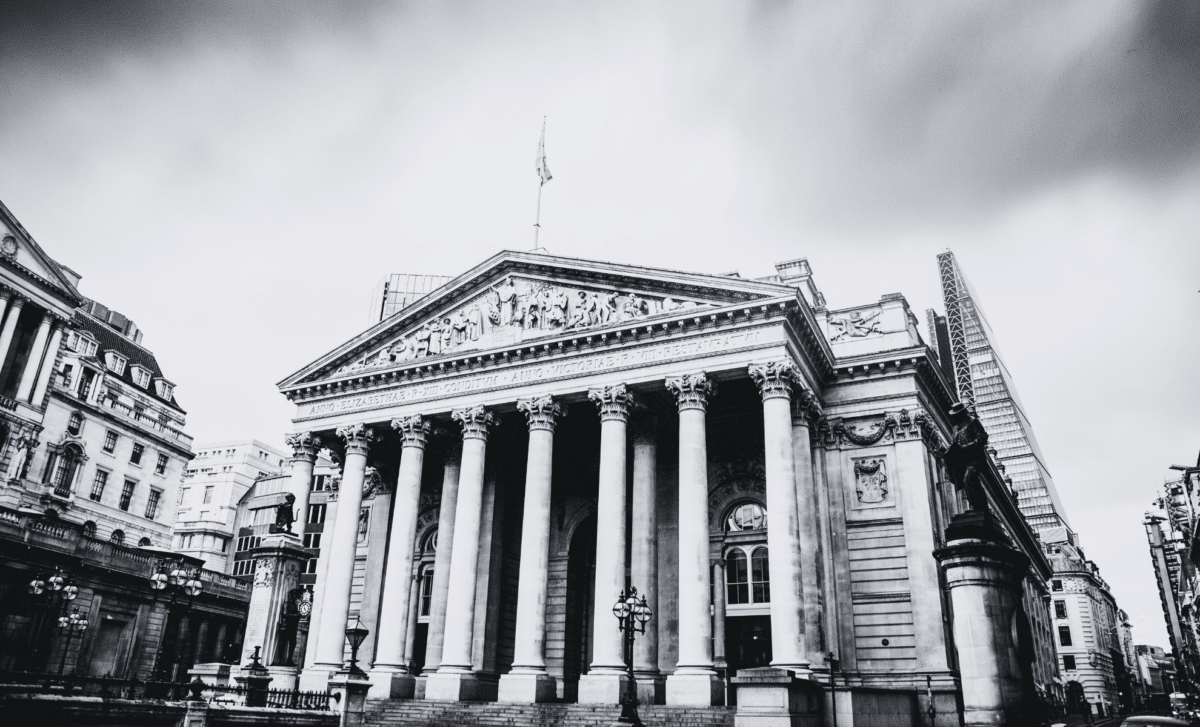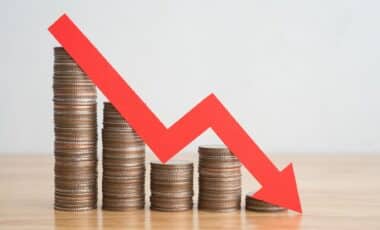The UK economy grew by a meager 0.1% in November, according to the most recent data from the Office for National Statistics (ONS). This result is below forecasts and suggests that the economy is still having difficulties. Recognising the difficulty, Prime Minister Keir Starmer has cautioned that it will require time and a coordinated effort to reverse years of economic stagnation.
Concerns regarding the overall state of the economy are raised by the slow growth, with analysts pointing out the possibility of stagnation combined with ongoing inflation. As businesses and governments alike struggle with the delicate task of ensuring stability while building the framework for sustainable prosperity, pressure on Chancellor Rachel Reeves is growing.
Stagnant Growth and Weaker Projections
According to the ONS, the 0.1% increase in November marked a modest rebound following two months of contraction. However, economists had anticipated a stronger recovery of 0.2%, leaving November’s figures underwhelming. For the economy to avoid contraction in the final quarter of 2024, December’s growth would need to meet or exceed this rate.
Chancellor Reeves’ economic strategy, unveiled in her October budget, introduced tax increases amounting to £40 billion, including a rise in employers’ national insurance contributions. While the measures aim to restore fiscal stability, businesses have expressed concerns about rising operational costs and potential declines in hiring. This sentiment has been echoed by Liz Martins, senior UK economist at HSBC, who noted that the UK is currently in a phase of stagnation, with “very low or zero growth” likely for the final quarter.
The Bank of England’s assessment offers little optimism, as its forecast suggests no overall growth for the fourth quarter. Additionally, inflation, while slightly declining in December to 2.5% from 2.6%, remains a persistent challenge, with the potential for an upward trend in the coming months.
Government Response and Regulatory Reforms
Reeves has emphasised her dedication to reducing red tape and removing obstacles to investment in response to these economic challenges. She called a meeting with regulatory bodies this week, such as the Competition and Markets Authority, Ofcom, and Ofwat, to talk about reforms meant to encourage growth and increase business confidence.
The Prime Minister claims that the administration is “unrelenting” in its efforts to revive the economy, but others contend that more extensive structural changes are required to solve enduring issues. Stagflation, a state of slow growth combined with ongoing inflation, is a concern for both businesses and policymakers since it has the potential to further solidify the current economic downturn.
Financial markets have been impacted by the economy’s muted performance as well. Following a recent spike, government borrowing costs have leveled out, but the pound is still under pressure, trading at 1.22 USD after plunging to 14-month lows earlier in the week. With some analysts projecting an interest rate drop to spur growth, the Bank of England’s upcoming monetary policy decision in February is anticipated to represent a turning point.









